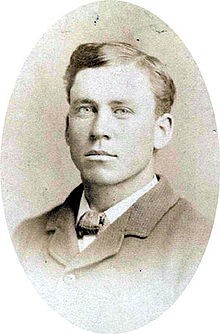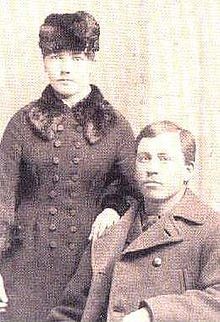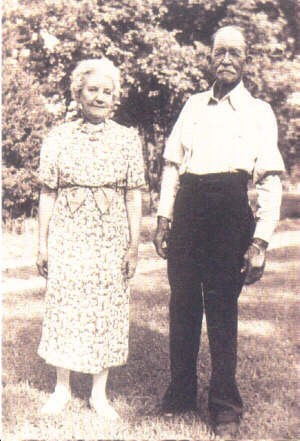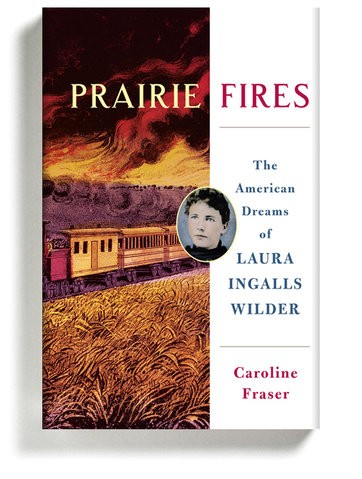Socialization or sufficiency?
This is Katie.
She’s a border collie. She’s bred for intelligence and stamina, made to herd sheep all day long. Instead, she spends most of her days sleeping or chasing frisbees or going for walks on a leash. She’s a good sport. But her life with us is not the purpose she was made for.
What are people made for?
This is Almanzo Wilder:
His boyhood life is the subject of Laura Ingalls Wilder’s Farmer Boy, which we’ve been reading. It’s a life loaded with purpose, skill, knowledge, and stamina. It’s a life loaded with hardship before it’s done.
In Farmer Boy, he’s part of a prosperous farming family in northern New York State. It’s a big farm, diversified to include livestock and crops. He’s the youngest of four children in the story (though the family eventually expands by 2 more children). All of them work hard, and by the age of 9, Almanzo already has more skill and knowledge in many practical areas of life than I will ever have.
It struck me today that the concept of socialization would be puzzling and amusing to this family. By today’s standards they are “isolated.” They go to school only when not needed on the farm. The family comprises the main social unit, and it’s a viable economic, agricultural, physical fellowship. It requires everyone to work long and intelligently, and when there’s time to rest they provide each other with companionship.
How different from the disembodied abstraction “community” has become in much of our talk. I helped to develop and organize community on the worship team for a few years in church, and it was an uphill battle. How do you build a viable community without practical interdependence?
As a homeschooler I can provide my children, perhaps, with social experience that excludes some of the negatives of contemporary culture. By making family, not the schoolroom, our microcosm of society, we can structure it around different values than those that prevail in public school. But can I do any better at supplying the purposefulness of pre-industrialized “community”?
The Wilders needed one another to survive and prosper. They shared a common enterprise that was as practical, concrete, and daily as could be imagined as they ran their farm. What is there in my life as a suburban mom that compares?
Here are Almanzo and Laura at the start of their marriage:
Here’s what they looked like at the end of their lives:
After diphtheria, partial paralysis, the death of a son, the loss of a home to fire, struggles against crippling poverty at the start of their marriage, and several moves, they made a successful life on a diversified farm. They had the toughness and adaptability and practical life skills to survive. And they had their family. That was it. It didn’t “take a village.”
Sometimes I think we look to “community” to supply other missing pieces of the puzzle. Just how much is it socialization that my kids (or myself) need? Or how much is it knowledge and character of a kind that’s perhaps lost to us?–as lost to us as the awareness of real practical need in a physically challenging world.






